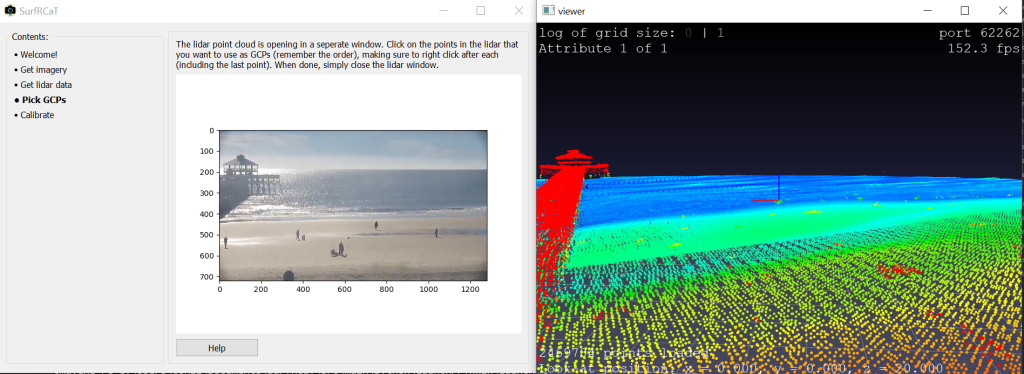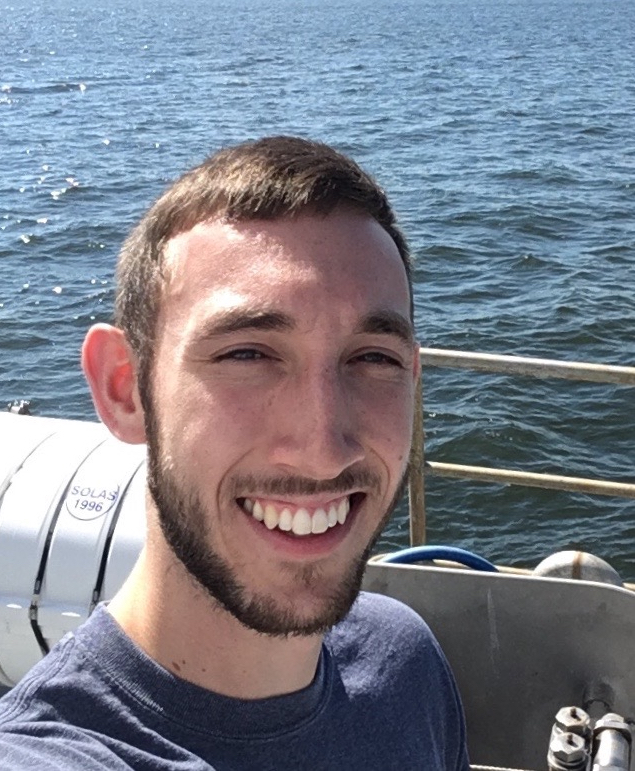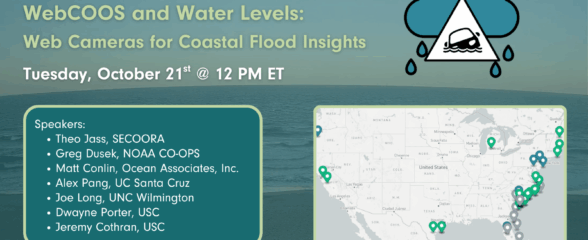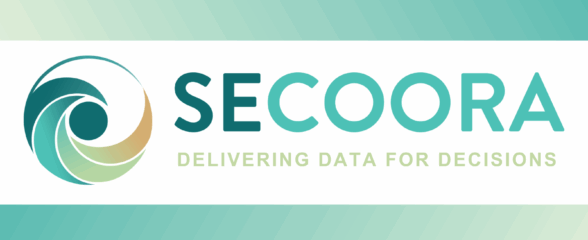
SECOORA’s 2019 Data Challenge Winner, Matthew Conlin, a PhD student at the University of Florida, has developed an easy tool to remotely calibrate web camera images for use in measuring changes in coastal and nearshore environments.
Coastal webcams are a popular tool for observing wave and shoreline conditions at beaches throughout the southeast. Webcams are used for recreational activities, providing an easy way to check on surfing conditions, as well as for environmental research, such as identifying dune erosion after storm events.

While there are many advantages to using webcams, it is difficult to use the images to accurately (and easily) measure changes in coastal and nearshore environments. However, SECOORA’s 2019 Data Challenge Winner, Matthew Conlin, a PhD student at the University of Florida, has now developed an easy way to remotely calibrate cameras specifically for this purpose.
The Surf-camera Remote Calibration Tool, or SurfRCaT, developed by Conlin is an open-source tool that solves for camera parameters needed to transform webcam landscape images into bird’s-eye-view maps that are scaled and oriented. These maps allow the user to track coastal and nearshore geophysicial processes in real time and can be used, for example, to validate rip-current forecast models or augment existing coastal-zone monitoring activities.
SurfRCaT is an open-source, Python-based application that is available for unrestricted download through GitHub (github.com/conlin-matt/SurfRCaT). While the tool can be applied to most webcam data, specific options were built into SurfRCaT that focuses on the WebCAT web camera array. Along with the source-code, the SurfRCaT packet includes documentation and a step-by-step user guide. Below is a video on the tool.
Compiling these data, SurfRCaT then applies non-linear least-squares techniques to solve the parameters that are required to generate a final map-image. These maps come complete with relative directional distances from the point-of-origin, in meters, and can be used to easily make accurate measurements of environmental change and processes in the nearshore in real-time.
SurfRCaT only works on PC-based platforms; however, Conlin plans to expand this tool to operate on Mac and Unix-based platforms. Additionally, planned improvements include a tool to correct for lens distortion and an image rectification module.
Related news

SECOORA Webinar | WebCOOS and Water Levels: Web Cameras for Coastal Flood Insights
On October 21st at 12 PM ET, SECOORA is hosting a webinar with investigators from the Webcam Coastal Observation System (WebCOOS) project team and the WebCOOS Project Manager. Web cameras are a low-cost technology that can be used to document flooding impacts to coastal communities. Register here.

SECOORA Funding Opportunity Announcement: Letters of Intent Solicitation
SECOORA will submit a coordinated regional proposal in response to the anticipated FY 2026 Implementation of the U.S. Integrated Ocean Observing System (IOOS) funding opportunity. Letters of Intent to be considered for inclusion in SECOORA’s full proposal are due September 9, 2025.

SECOORA Hosts the First Surface Elevation Table (SET) Community of Practice Virtual Workshop
The SECOORA SET Workshop was virtual on July 17, 2025. More than 50 Community of Practice members and stakeholders joined this collaborative workshop to discuss SET monitoring, coastal resilience, and data-driven decision making in the Southeast.